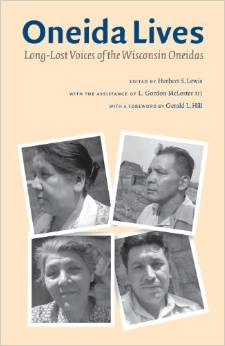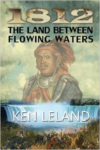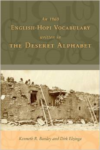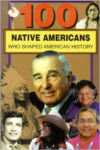Description
In this intimate volume the long-lost voices of Wisconsin Oneida men and women speak of all aspects of life: growing up, work and economic struggles, family relations, belief and religious practice, boarding-school life, love, sex, sports, and politics. These voices are drawn from a collection of handwritten accounts recently rediscovered after more than fifty years, the result of a WPA Federal Writers’ Project undertaking called the Oneida Ethnological Study (1940-42) in which a dozen Oneida men and women were hired to interview their families and friends and record their own experiences and observations. Selected from more than five hundred biographical narratives, these sixty-five chronicles, told by fifty-eight women and men, present a picture of Oneida Indian life from the 1880s, before the Dawes Allotment Act, through World War I and the Great Depression, to the beginning of World War II. Despite the narrators’ struggles against harsh economic conditions, the theft of their land, and neglect, their firsthand histories are rendered with frankness and wit and present a remarkable picture of an era and a people. Herbert S. Lewis is a professor emeritus of anthropology at the University of Wisconsin-Madison. He is the author of After the Eagles Landed: The Yemenites of Israel and Jimma Abba Jifar, an Oromo Monarchy: Ethiopia, 1830-1932. L. Gordon McLester III is a member of the Oneida Nation of Wisconsin, the coordinator of the Oneida History Conferences, and the founder of the Oneida Historical Society. He is the coauthor of Chief Daniel Bread and the Oneida Nation of Indians of Wisconsin and the coeditor of The Oneida Indian Journey: From New York to Wisconsin, 1784-1860. Gerald L. Hill is a member of the Oneida Nation of Wisconsin and former chief counsel and special counsel for the Oneida Nation.






Reviews
There are no reviews yet.